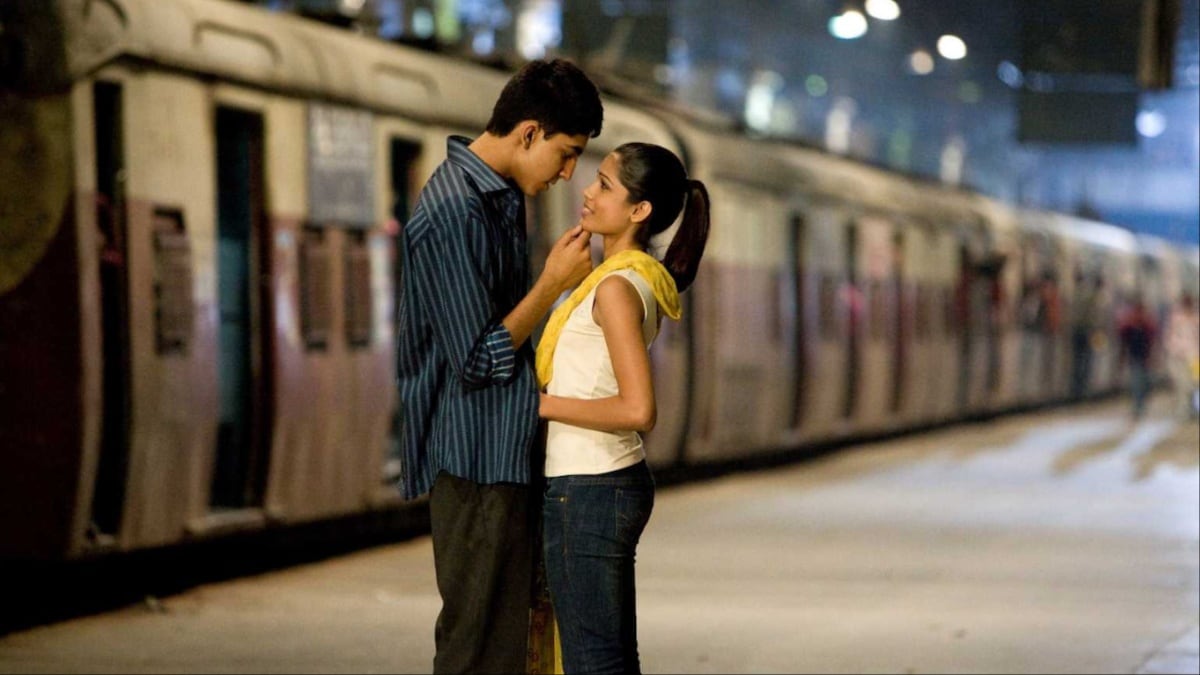

Danny Boyle, the acclaimed director behind films like "Trainspotting," "28 Days Later," and "Slumdog Millionaire," is currently making headlines with the release of "28 Years Later," the latest installment in his post-apocalyptic horror series. However, alongside the buzz surrounding his new film, Boyle has also been reflecting on his past work, specifically the Oscar-winning "Slumdog Millionaire," and why such a film might not be made today.
Boyle, in recent interviews, has stated that "We wouldn't be able to make that now, and that's how it should be." This sentiment stems from a growing awareness and sensitivity towards cultural appropriation in the film industry. "Slumdog Millionaire," while celebrated for its vibrant portrayal of Mumbai and its heartwarming story, has also faced criticism for potentially exploiting Indian culture and perpetuating stereotypes from a Western perspective.
The film, released in 2008, tells the story of Jamal Malik, a young man from the slums of Mumbai who unexpectedly finds himself on the Indian version of "Who Wants to Be a Millionaire?". As he progresses through the game, flashbacks reveal his life story and how his experiences have equipped him with the answers to the questions. While the film was a commercial and critical success, earning eight Academy Awards, including Best Picture and Best Director for Boyle, it also sparked debate about its representation of India and its people.
Boyle acknowledges the complexities of the situation. He recalls that during the production of "Slumdog Millionaire," a conscious effort was made to involve a large Indian crew and to film within the culture. However, he admits that "You're still an outsider. It's still a flawed method." He recognizes that even with the best intentions, a foreign filmmaker approaching a story set in a different culture inevitably brings their own biases and perspectives.
In today's climate, where cultural appropriation is more heavily scrutinized, Boyle believes that "Slumdog Millionaire" wouldn't even get financed. He suggests that if he were involved in such a project today, he would actively seek out a young Indian filmmaker to direct it, emphasizing the importance of authentic representation and giving voice to storytellers from within the culture being depicted.
When asked if "Slumdog Millionaire" was a form of colonialism, Boyle responded, "No, no… Well, only in the sense that everything is." He clarifies that while the film felt radical at the time, he now understands that cultural appropriation "might be sanctioned at certain times, but at other times it cannot be."
While Boyle expresses pride in "Slumdog Millionaire" and its achievements, he ultimately believes that the film industry needs to evolve and become more inclusive. He sees the current shift in perspective as a positive step, encouraging reflection on the cultural baggage we carry and the mark we've left on the world. This acknowledgment reflects a broader industry trend toward prioritizing authentic storytelling and empowering filmmakers from diverse backgrounds to tell their own stories.
As Boyle focuses on his new project, "28 Years Later," a sequel that arrives more than two decades after "28 Days Later" revitalized the zombie genre, his reflections on "Slumdog Millionaire" offer valuable insights into the evolving landscape of filmmaking and the importance of cultural sensitivity in storytelling. The director's introspection prompts a necessary discussion about representation, authenticity, and the responsibility of filmmakers in a globalized world.